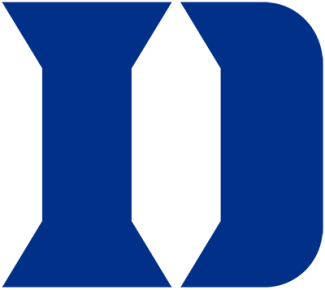Despite their age difference (Dobbie graduated from Maryland in 2008; Cordingley just graduated in May), Dobbie and Cordingley share a similar experience — beating the United States.
Cordingley, of course, did so in 2015. Dobbie was able to thwart the U.S. Sixes team in an exhibition at the last Fall Classic. A different discipline, sure, but Dobbie thinks that win could have wide-ranging consequences.
The small-sided format lends itself to quick passing in tight spaces, a Canadian style of play resembling box lacrosse.
“If we play a more Canadian style of lacrosse and we don’t try to play the U.S. style, there’s something special there,” Dobbie said. “Backyard lacrosse style. In the past, we’ve tried to play them at their own game.”
Dobbie won’t call it a rivalry between Canada and the U.S. “At some point, you have to beat them for it to be a rivalry,” she said. But could that success in Sixes lead to an upset bid?
Canada enters the tournament as the No. 2 seed and looks to build upon the silver medal it won at the 2017 World Cup. Dobbie is the headliner on the roster, but Kaylin Morissette is also a veteran making her third appearance on the senior team. Morissette also coached the 2019 U19 team that won a silver medal.
Like Cordingley, a collection of players enter the event after successful college seasons — Kameron Halsall (Stony Brook), Brooklyn Walker-Welch (North Carolina), Bianca Chevarie (Syracuse), Alie Jimerson (Syracuse) and others chief among them.
There’s even a top-flight high school talent in Jillian McNaughton, a future Johns Hopkins midfielder.
Whatever the age, experience level or position, expect everyone on Canada’s 20-player roster to make an impact. It’s something Dobbie prides herself on carrying on after her former idols did the same for her.
In many ways, Dobbie is bridging the gap between eras for Canada. She doesn’t know when she’ll hang up her cleats, but for as long as she dons the red and white, she wants to be sure the youngest player feels just as important as the oldest.
“You’d be on the same field with them and just be so nervous to even talk to them,” Dobbie recalled of her first Team Canada experience, “and then you’re playing alongside them. The fact that Aurora said that about me, I’ve been in her position.”


























































